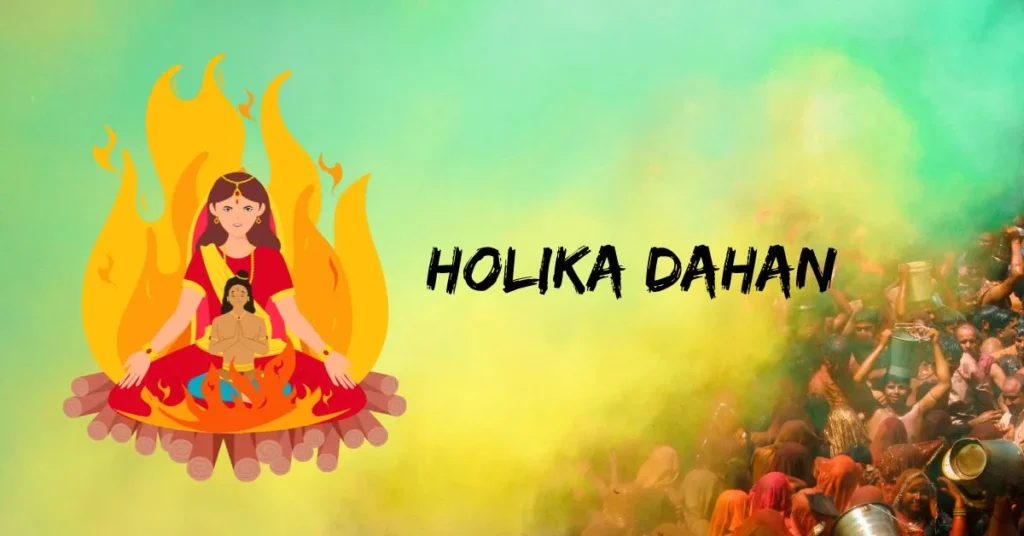Holika Dahan, a significant Hindu festival celebrated with fervor and enthusiasm across India, holds deep cultural and religious importance. It marks the victory of good over evil and the onset of spring. Let’s delve into the essence of Holika Dahan, its rituals, and its significance.
Rituals and Customs:
Preparations for Holika Dahan commence days in advance. Families clean their homes, gather wood for the bonfire, and prepare delicacies. On the eve of Holi, the bonfire ceremony takes place. People gather around the fire, perform puja rituals, and offer prayers to Lord Vishnu and Agni, the god of fire. The significance lies in burning effigies of Holika, symbolizing the triumph of righteousness over malevolence.
Regional Variations:
While Holika Dahan is celebrated uniformly across India, there are regional variations in customs and rituals. In North India, the fervor is unmatched with grand bonfires and vibrant celebrations. In South India, the focus is more on religious observances with puja ceremonies. The West and East regions also have unique traditions that add diversity to the festivities.
Also Read: Woman Times March Issue
Significance in Hindu Mythology:
The festival derives its name from the demoness Holika, who, according to Hindu mythology, was burned to ashes while attempting to kill Prahlad, a devotee of Lord Vishnu. The legend symbolizes the victory of good over evil and the importance of faith and devotion. Holika Dahan serves as a reminder of the power of righteousness and truth.
Social and Environmental Impact:
Holika Dahan fosters a sense of community and togetherness. It brings people from all walks of life together, strengthening social bonds. However, the festival also raises environmental concerns due to air pollution from bonfires and waste generated from celebrations. Efforts are underway to promote eco-friendly practices and reduce the festival’s environmental footprint.
Modern-Day Celebrations:
In contemporary times, this has evolved with urbanization. While traditional customs are still followed fervently, modern elements like DJ nights and community events have become common. Families come together to celebrate, exchange gifts, and indulge in festive delicacies. The festival has also found integration with other cultural celebrations, reflecting the multicultural fabric of India.
Holika Dahan is not just a festival; it’s a celebration of faith, victory, and unity. Its rituals and customs carry profound meanings that resonate with people across generations. As we embrace the spirit of Holika Dahan, let us also strive to uphold its values of righteousness, compassion, and communal harmony.


